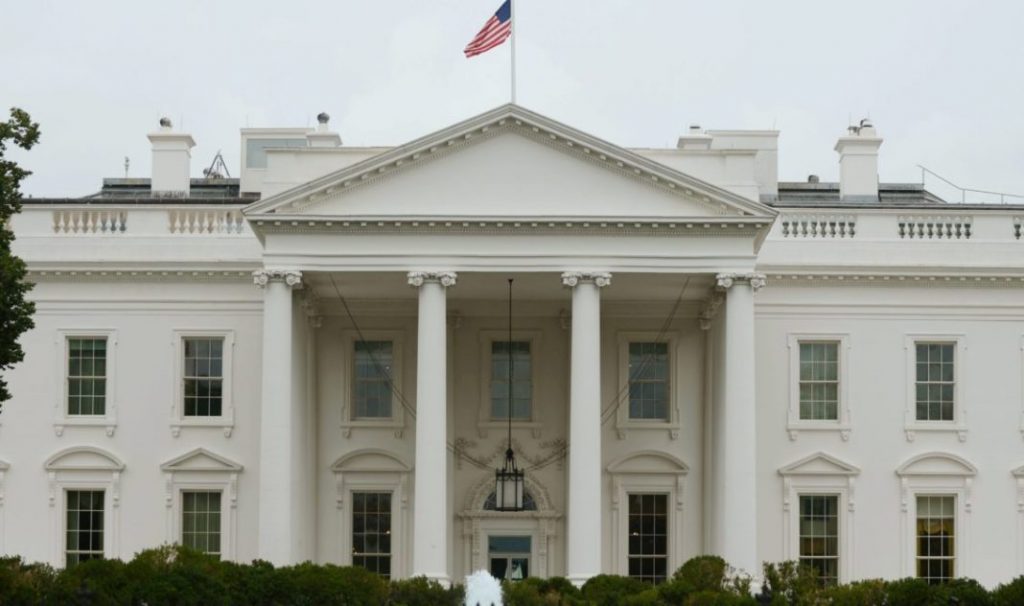The White House on Friday blamed former US President Donald Trump for the fact that Iran is close to having a nuclear weapon, having withdrawn from the agreement that had been approved during the Barack Obama administration.
In her daily press conference, the spokeswoman for the government chaired by Joe Biden, Jen Psaki, nevertheless expressed her confidence in the talks taking place in Vienna to save the nuclear agreement.
Some progress that has been achieved, he added, “is not thanks to the former president” Trump, who abandoned the treaty “promising a stronger agreement that would prevent Iran from advancing.” “What they predicted would not happen has happened,” he criticized.
The important thing, in any case, he added, is that Biden “is not going to allow Iran to have a nuclear weapon” and pointed out that the president has asked his team to have “options” prepared in the face of how events unfold.
He insisted, however, that the diplomatic route continues to be the one preferred by the US government.
The eighth round of talks to salvage the Iran nuclear deal resumed early last week after being interrupted over the New Year holidays.
The United States left the pact in May 2018 and imposed new sanctions, to which Iran responded by breaking the agreement, especially regarding the production of enriched uranium and limiting access to inspectors from the International Atomic Energy Agency (IAEA).
This same Friday, the high representative of the European Union (EU) for Foreign Affairs, Josep Borrell, was today optimistic about the possibility that the negotiations taking place in Vienna to save the Iranian nuclear agreement come to fruition ” in weeks”, compared to the pessimism with which he concluded 2021.
As coordinator of the negotiations, in which delegations from Iran, Russia, China, France, the United Kingdom, and Germany participate, as well as the United States indirectly (through intermediaries), Borrell said that the end of a long process.
Although he also admitted that it is necessary to “accelerate” and agreed with the French Foreign Minister, Jean-Yves Le Drian, whose country is presiding over the Council of the EU this semester, that if Iran in the meantime becomes a nuclear power, it will not there be more to discuss “because the objective of the agreement was to avoid that.”
